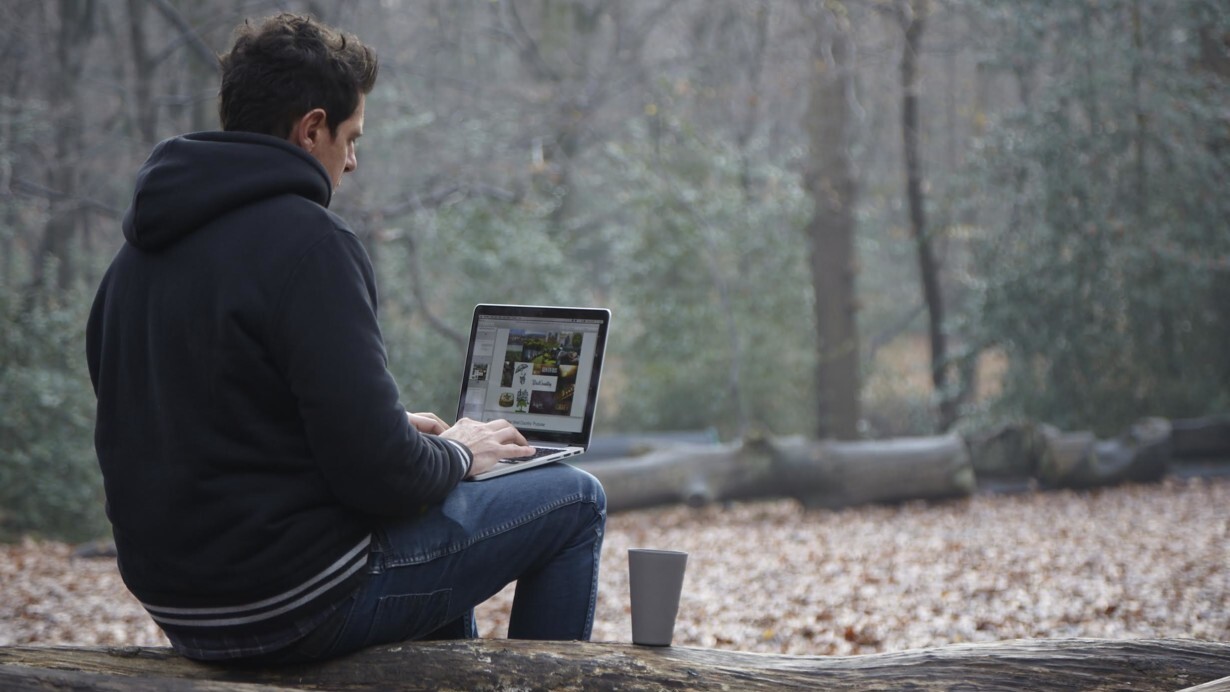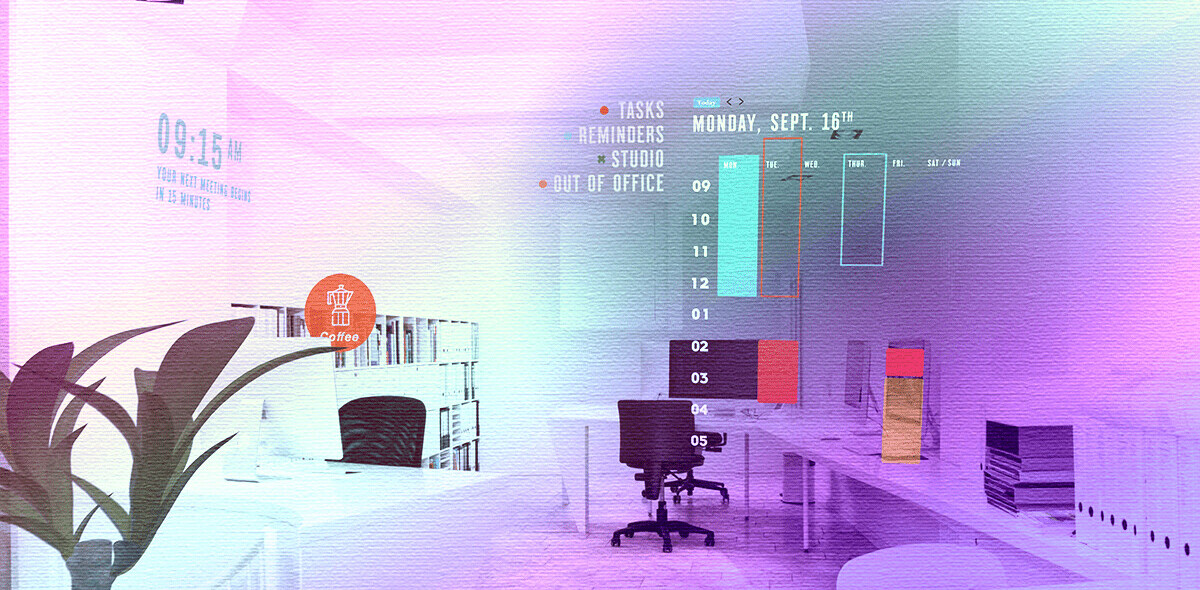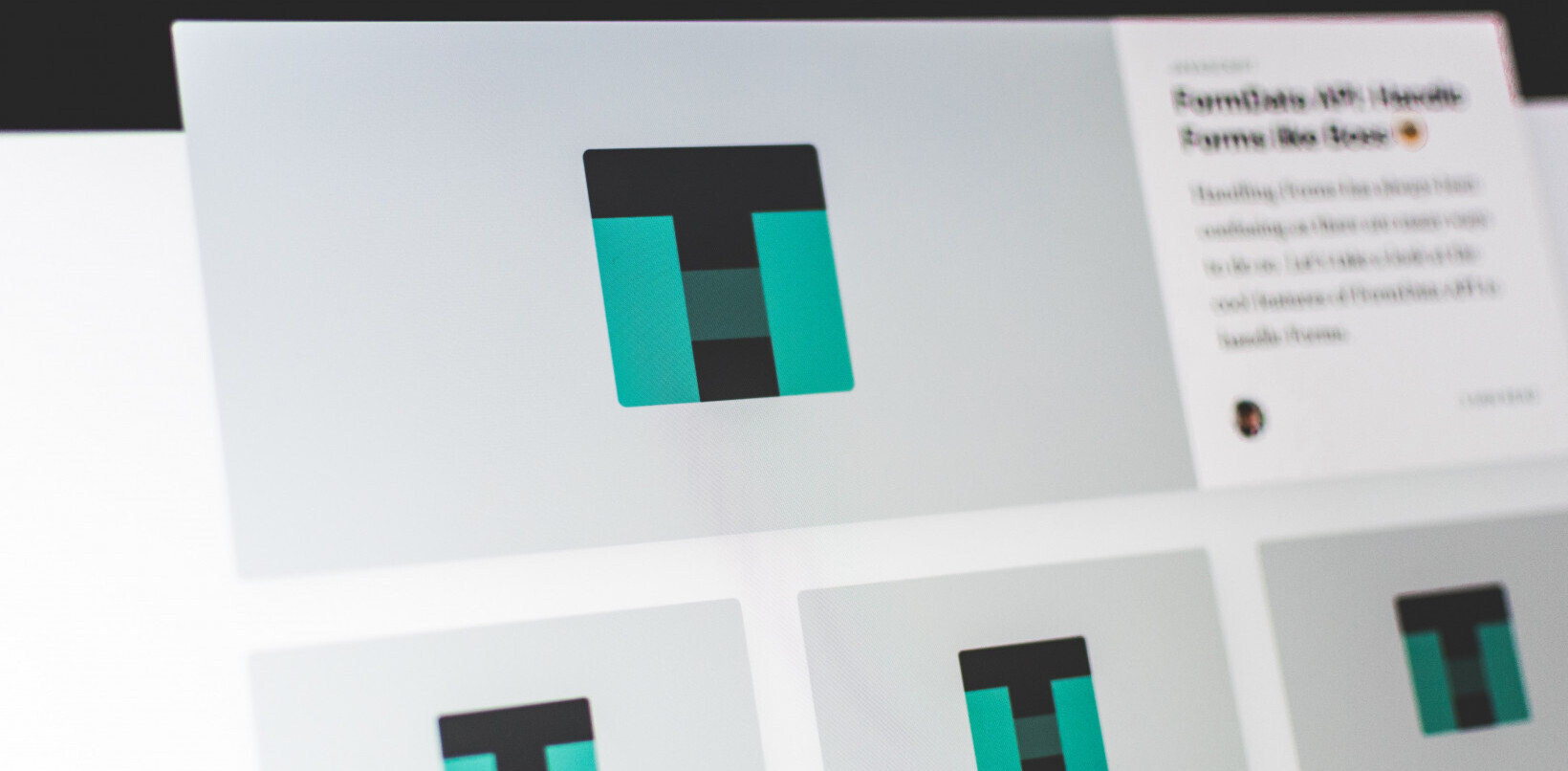
In my 25 years in creative industries, the way we have worked has never felt right. Like some kind of industrial revolution hangover — a time when work was boring, uncomfortable and dangerous — it appears people still need to be coerced with carrots and sticks into being productive.
Even in 2017 the starting point for employers still sounds most often like: “you don’t enjoy working, so I’m going to make you. And to make sure I can make you, I’m going to make you come to this same place at this same time every day”.
But having an aversion to work has never been my impression of working with creative people. Like myself, they all seem to enjoy the challenges thrown at them, enjoy solving problems, enjoy crafting a design or piece of copy. They enjoy their work and resent being made to feel like they don’t.
So I’ve often wondered how much more productive we might be if we were managed by people who enabled, rather than coerced us; who trusted our innate ambition to succeed, and gave us the freedom to work in ways that individually suited us.
Well things definitely seem to be changing, and some companies in certain industries (LEGO, Netflix, Zappos) have tried mixing things up with greater or lesser success. But not in our industry — and for an industry that sells itself as innovative, creative and progressive — this simply won’t do.
Which is why I was so excited when ten months ago I decided to start my own branding agency with my business partners. I had certainly read ample theory on the subject of creating progressive cultures over the years, and even dabbled in building them within my own teams while working for the big boys (well, as much as they would allow) but now I could finally put everything into practice for myself — proper and good.
Starting our business with the single question: “How do we succeed in an industry that is failing?”, we spent our first three months speaking with agency owners, clients, agency employees and freelancers, trying to see if there were better ways of doing things, and so solve the problems of our own industry.
This culminated in launching an outsource-model virtual collaborative of brand thinkers and creative problem-solvers, fundamentally based on the principle that if people can operate in ways individually tailored to them, if they are encouraged to achieve balance in their lives around their job, family, health and play, if they are able to work without distraction at home (while seamlessly joined up online) then they will ultimately be more productive and so do better work, more efficiently.
To further fly in the face of industry convention, we chose also to only measure collaborators on output, rather than hours, and our clients would pay for the same (shock and horror, I know).
One thing our clients certainly wouldn’t have to pay for would be all the major overheads of a traditional agency, with their swanky offices and unutilised human resources in times of quiet. Having only a few full-time staff, our agency model would mean that clients would only pay for the resources they needed, when they needed them. And these resources, in turn, would be selected on a job-by-job or client-by-client basis from a global talent pool of specialists, rather than simply from the generalists available in our studio.
Again, all of this contradicts traditional agency thinking, but desperate times call for desperate measures, and don’t be fooled — things in our industry are pretty desperate right now. After decades of discontent, clients are still complaining about decreases in value and quality, agencies bemoaning shrinking pots of revenue, and employees working themselves into the ground without so much as overtime pay or even a Christmas bonus.
Anyway, it’s been six months since we opened our doors (of which we have none, to be fair) and with large projects under our belt now on two major international brands, I am here to report on how this great experiment is working out.
Personally, I am certainly highly productive at the minute (‘productivity’ I define simply as ‘inspiration with discipline’). I find myself working more often in places and ways that fuel me, while not being subject to a ‘distraction factory’ (as the founders of Basecamp like to call the modern office environment). This means I am doing some of the best work of my life, while I feel happier, healthier and freer than I have in years (maybe all 45 of them).
And what of our collaborators — are they experiencing a difference?
Believing that the people who work for us should be able to do so from anywhere in the world means that one of our collaborators can fulfil her dreams of travelling while earning. For us, we’re excited that she will connect with different cultures — broadening her experiences, deepening her empathy, and potentially encouraging her to think more openly about brand challenges and solutions.
We also have a plan to embed other willing collaborators like her in project hot-spots, giving them the opportunity to live in a given market whilst carrying out certain assignments at the coal face with our clients. This idea helps us explore new ways of offering better thinking and service, while collaborators that are interested get to explore the planet.
Of course, travel is only one ambition collaborators may have outside of work, and we are attempting to work with each individual collaborator in individual ways that are mutually beneficial. Each relationship will be its own unique experiment, but why not — we’re designers, aren’t we?
The common idea is that the more balanced and rounded and inspired and experienced we all are, the better we’ll be at our work. Also that our method allows each of us the prospect of working alongside the best design practitioners in the world, not just the best in our office.
All in, this leaves collaborators feeling more balanced, more in touch and more productive — but has it translated into better work? Surely our clients — of everyone — should prosper from our new openness.
Well a fit-for-purpose, built-on-demand team of specialists allows for maximum output with agility and flexibility, so we can all work more easily toward extremely challenging deadlines — better — and at a lower price point. We’ve proven it.
Although we can’t blow our own trumpet in this public forum, we’ve already been told on more than one occasion by different multinational clients that ours is ‘some of the best work we’ve ever seen’, and in ‘miraculous timeframes’.
It seems the work we are producing is living up to its promise, and that can only really be as the result of working differently and attracting better people by working differently — in ways that people work best, and in ways they enjoy. Of course, this challenges the old school thinkers (if they’re thinking at all) who say if you leave people to their own devices nothing ever gets done, and that you can’t do good creative work unless you’re all sitting physically together in the same room.
It’s early days and we don’t claim to have all the answers, but at least we are willing to explore a few new ones and appear to be heading in the right direction. At least we are proving you can build your work around your life, rather than your life around your work. And at least we have our lives back.
Get the TNW newsletter
Get the most important tech news in your inbox each week.





